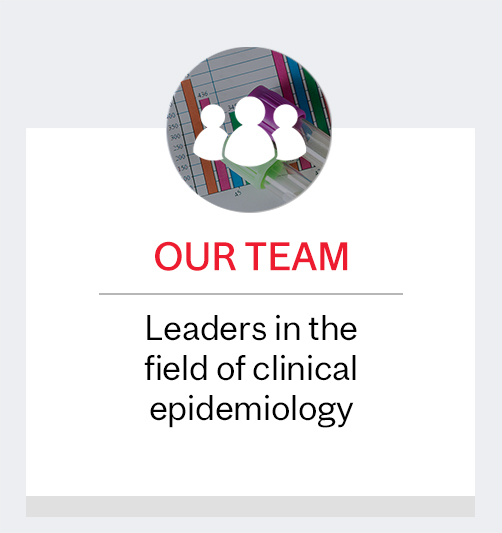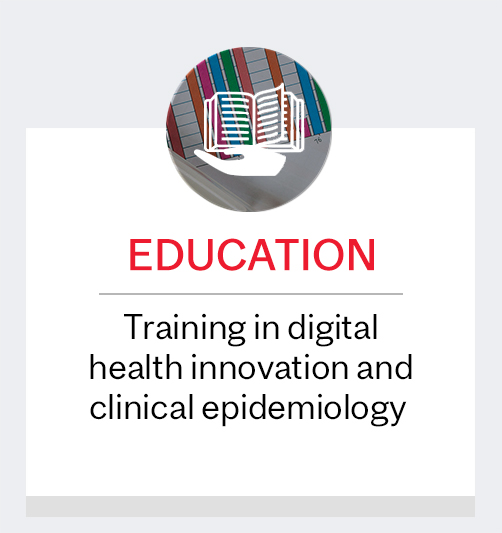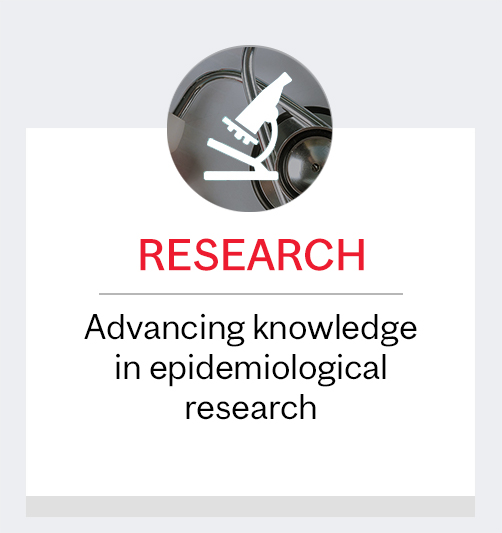
Bringing Innovation to Healthcare
The Division of Clinical Epidemiology, Data Science, and Informatics at McGill University trains, mentors, and supports a cadre of clinician scientists and methodologists to apply modern epidemiological, measurement, data science, and informatic methods to the development of real-world evidence and innovative solutions in health and social care.
Publication Highlight

Time-Series Analysis of Health Care–Associated Infections in a New Hospital With All Private Rooms (Emily G. McDonald, MD, MSc; Nandini Dendukuri, PhD; Charles Frenette, MD; et al)
Health care–associated infections are often caused by multidrug-resistant organisms and substantially factor into hospital costs and avoidable iatrogenic harm. Although it is recommended that new facilities be built with single-room, low-acuity beds, this process is costly and evidence of reductions in health care–associated infections is weak.
Conclusions from the study indicated that the move to a new hospital with exclusively single-patient rooms appeared to be associated with a sustained decrease in the rates of new MRSA and VRE colonization and VRE infection; however, the move was not associated with a reduction in CDI or MRSA infection. These findings may have important implications for the role of hospital construction in facilitating infection control.
Publication Highlight

Effect of an Electronic Medication Reconciliation Intervention on Adverse Drug Events
A Cluster Randomized Trial (Robyn Tamblyn, MSc, PhD, FCAHS, CM; Michal Abrahamowicz, PhD; David L. Buckeridge, MD, PhD; et al)
Adverse drug events (ADEs) account for up to 16% of emergency department (ED) visits and 7% of hospital admissions. Medication reconciliation is required for hospital accreditation because it can reduce medication discrepancies, but there is no evidence that reducing discrepancies reduces ADEs or other adverse outcomes.
Electronic medication reconciliation reduced medication discrepancies but did not reduce ADEs or other adverse outcomes. Hospital accreditation should focus on interventions that reduce the risk of adverse events for patients with multiple changes to community medications.


